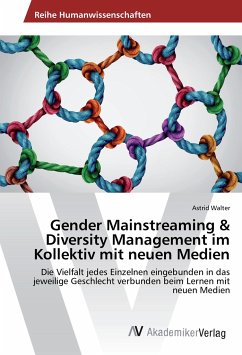Developments such as immigration and globalization have led to contemporary societies becoming demographically more diverse. As a result, the composition of the workforce has also changed. Whereas previously the workplace was primarily dominated by white males, nowadays it has become an institution where various groups, such as, men, women, members of ethnic minority groups, elderly and disabled workers meet. Present-day literature is still highly American-oriented, but the need for European-oriented literature is growing. This book, therefore, provides a cross-national comparative research, which covers the topic of workplace diversity management from a European perspective, and primarily focuses on Belgium and The Netherlands. It offers a general conceptual and theoretical framework including two case studies conducted at the municipalities of Gent (Belgium) and Rotterdam (The Netherlands) with a focus on their diversity policies and practices and the existing differences and similarities. This book highlights contemporary developments and trends in diversity management at these two municipalities and is especially useful to those active in Social Sciences and Human Resources.
Bitte wählen Sie Ihr Anliegen aus.
Rechnungen
Retourenschein anfordern
Bestellstatus
Storno








